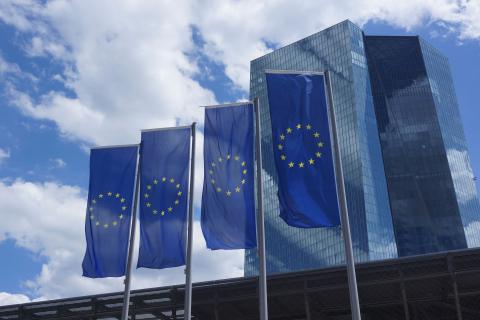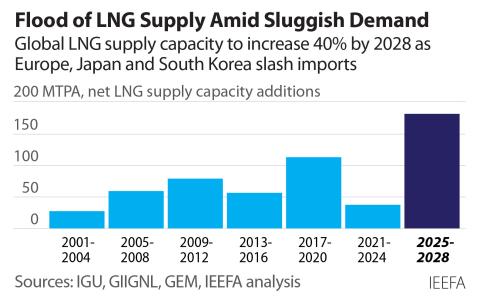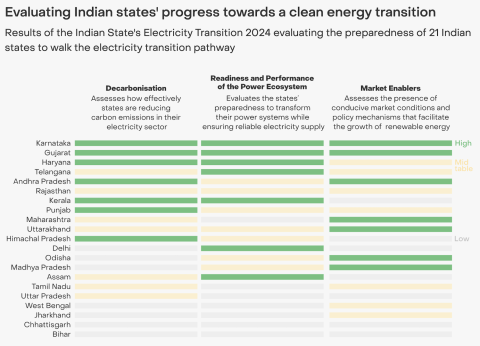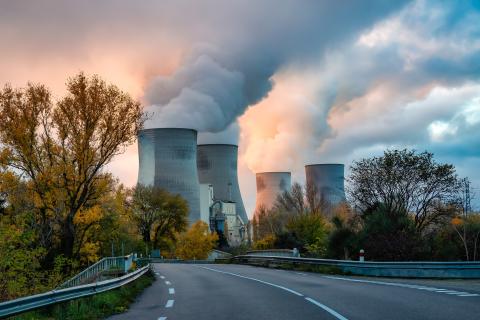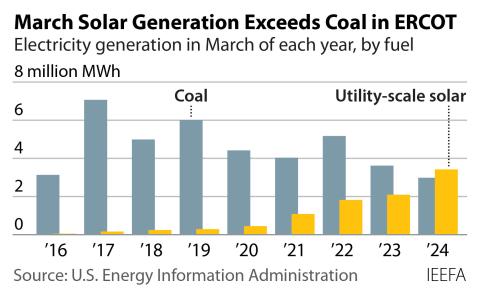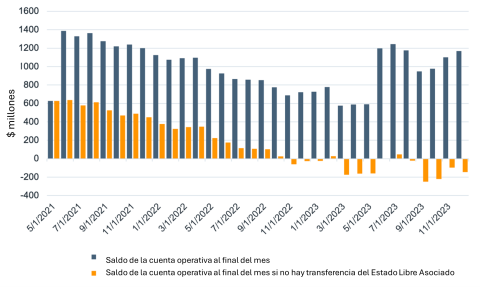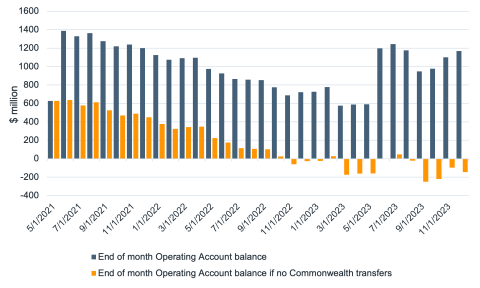IEEFA Asia: Opportunity Now in Broad Electricity Transformation Trends
Rapidly declining costs and technological advances in renewable energy have reshaped the electricity-generation landscape in the three years since the Paris accords. These changes clearly demonstrate that addressing climate risk and promoting economic development are compatible goals—a key point to remember in the run-up to the COP24 conference this December in Poland.
The sooner developing nations pivot toward these more affordable options, the sooner electricity will become more affordable for everyone.
A record 51 gigawatts (GW) of photovoltaic (PV) solar was installed in 2015; by 2017, China alone had installed that much PV capacity, and almost 100 GW of new capacity has been brought online globally. Similarly, steady growth in wind power pushed global capacity from 435 GW in 2015 to almost 540 GW in 2017, while prices for wind and solar continued to fall. The investment firm Lazard noted in its annual levelized cost of electricity study last year that the cost of building new wind and solar capacity (at $45 and $50 per megawatt-hour, respectively) was now competitive with the cost of running existing coal and nuclear plants.
Given these developments, further reliance on fossil fuels makes less and less sense: IEEFA estimates that the cost of solar generation will continue falling, on the order of 10% a year for at least the next five years. No such declines are seen for either coal or nuclear, making the choice of renewable resources an easy one. The sooner developing nations pivot toward these more affordable options, the sooner electricity will become more affordable for everyone.
International financial institutions including the Asian Development Bank, the International Finance Corp., and the World Bank, alongside private banks, would do well to consider which side of history they want to be on as transition proceeds. The meteoric rise of the Internet and smart phones are just two recent examples of disruptive change in the marketplace that left laggards behind.
One push toward a low-carbon future will likely be made by major insurance companies, which, while in the business of insuring against risk, are notoriously risk-averse. With climate risk growing ever-more serious and affecting the timelines of major new energy projects, insurance companies are beginning to take notice. The Germany company Allianz, for example, just announced it would no longer issue insurance for coal-fired power projects or coal mines, effective immediately. Allianz is Europe’s largest insurer, and its decision is certain to be noticed, and likely followed, by competitors. Japan’s Dai-ichi Life has also just announced that it will no longer finance coal plant development, especially noteworthy given Japan’s extensive involvement in Asian coal projects.
GOVERNMENTS IN THE DEVELOPING WORLD CAN AND SHOULD be examining existing policies and programs to ensure that they suit a low-carbon, cleaner future. One challenge for developing nations in the gathering electricity-industry transformation is gaining timely access to investors, who have many choices.
In the meantime, unacceptably high electricity prices in many emerging economies represent a policy failure in the face of falling costs for renewable energy and storage technology. And, barring policy adjustments, some of these countries are at risk of becoming long-term hostages to outdated coal-fired electricity systems.
One critical way forward will involve leveling the playing field by removing subsidies and revoking policies that favor fossil fuels. This is particularly true in South Asia and Southeast Asia, which are essentially the last bastions of growth for the global coal industry. With a level playing field, renewables and storage can compete—and they can win.
Sara Jane Ahmed is an IEEFA energy finance analyst.
RELATED POSTS:
IEEFA Update: Solar Continues to Lead India’s Electricity-Generation Transition
IEEFA Update: In Kosovo, Plans for a Power Plant That Would Be Out of Compliance on Day One


